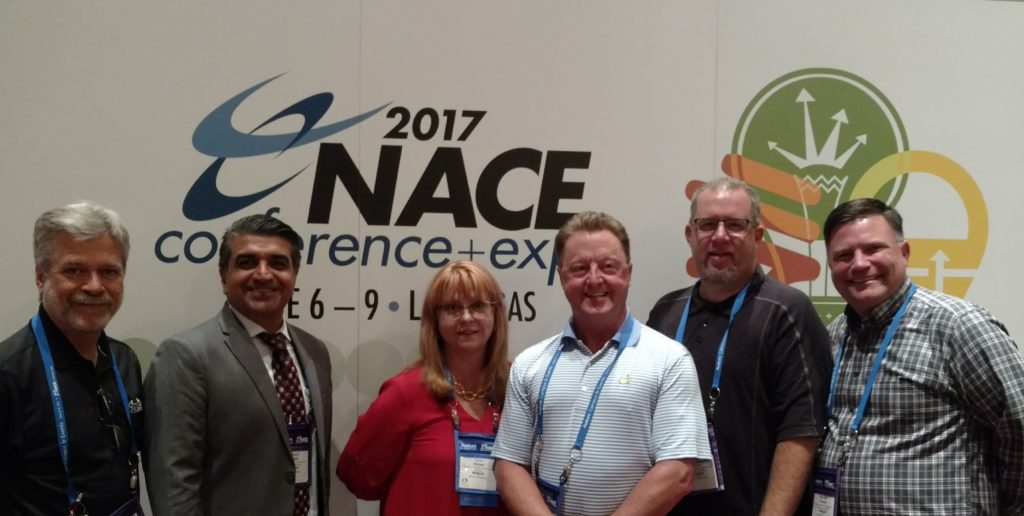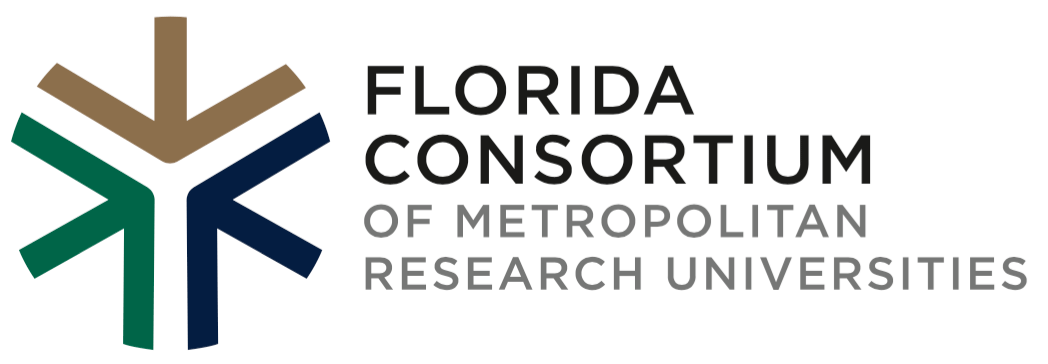Over 3,000 career services and employment professionals from all over the globe met in Las Vegas a few weeks ago for the annual National Association of Colleges and Employers annual conference and expo. This annual convening brought together universities and employers like Grant Thornton to Pepsi to discuss trends in hiring, to make connections to open opportunities for talented students and to discuss the future of the job market in the United States. This year’s event was marked by keynotes from best-selling author Sarah Lewis, a Harvard professor and expert on discovery and personal development. Also noteworthy futurist and technologist, Mike Walsh introduced conference attendees to the future of the workplace and the next generation of workers place in it.
Overall the theme of the conference seemed to hinge on predicting what the workforce will look like and what skills they’ll need. The answer, while unsettling, was that nobody really knows. While there are many skills that continue to dominate the job landscape and have been unchanged for over 20 years, technology is certain to change how those skills are applied and deployed. For instance, a study commissioned by Prince Georges Community College and supported by the U.S. Department of Education found that in 1997 employers were looking for employees that had the following:
- Learning to learn in a changing workplace
- Communication competence including reading, writing, and computation
- Listening and Oral Communication
- Creative Thinking and Problem Solving
- Self-Esteem and Motivation
- Interpersonal Skills and Teamwork
- Leadership and Influence
When compared to current the NACE’a 2016 list of Skills Desired by Employers; the needs only differ slightly. Take a look:
- Leadership
- Teamwork
- Communication Skills (written)
- Problem-solving Skills
- Communication Skills (verbal)
- Strong work ethic
- Initiative
- Analytical / quantitative skills
- Flexibility/adaptability
- Technical skills
However, the core skills predicted to be at the top of the list in 2037 according to researchers in the United Kingdom are:
- Complex Problem Solving
- Critical Thinking
- Creativity
- People Management
- Teamwork
- Emotional Intelligence
- Decision Making
- Service to Others
- Negotiation
- Cognitive Flexibility
As one can see the skills desired in 20 years will be more focused on the creative economy. But how does higher education and the workplace prepare for this new reality? First off, we need to ensure that these skills are even going to be in demand. Futurist Mike Walsh continually pointed to the fact that the number one skill he is looking toward is a maintenance of office and corporate ethics and culture. Despite the changes in creativity and technology the winner of the future will be the employers who maintain culture.
The Florida Consortium, through funding from the Leona M. and Harry B. Helmsley Charitable Trust sponsored attendance for three engineering faculty. Their unique perspective was quickly noticed. Dr. Masoud Sadjadi, Associate Professor of Computer Science at Florida International University mentioned the lack of faculty presence; “some of the the sessions I attended they were missing major curricular and research points. I attribute the latter to the shortage of faculty attendance. University of South Florida professor of Electrical Engineering Dr. Chris Ferekides agreed with this assessment; “I think faculty can certainly benefit by being active participants in such events (like NACE) and being aware of what is happening in career service centers and HR offices.”
Another common theme throughout the conference was the need for students to explore hybrid majors and courses of study. Labor insights leader, Burning Glass Technologies reported that Liberal Arts majors can double the jobs they are qualified for and increase salary potential with a 20% premium with a certificate or experience in technical skills such as HTML5 or SQL database management. Associate Professor and Senior Design Coordinator at the University of Central Florida, Dr. Mark Heinrich certainly agrees; “Finding ways to increase the number of STEM minors among Liberal Arts majors I think is a worthy pursuit and one in which the data shows will significantly increase their employment options.”

The good news is the faculty presence at NACE 2017 sparked conversations on transferable skills, market needs, and employment in the state of Florida. Since the conference the Florida Consortium has worked with our faculty to coordinate a summit in Tallahassee, Florida on July 17th. This summit will feature representatives from the Florida Chamber of Commerce, Department of Economic Opportunity, Career Source Florida, faculty and staff from Florida Consortium. This meeting of the minds will help Florida International, University of Central Florida and University of South Florida chart a better future for our students and also provide some great insight for participants at the 2018 NACE Conference.
Related Content: Doubling Florida Job Opportunities for Psychology and Biology Majors.

